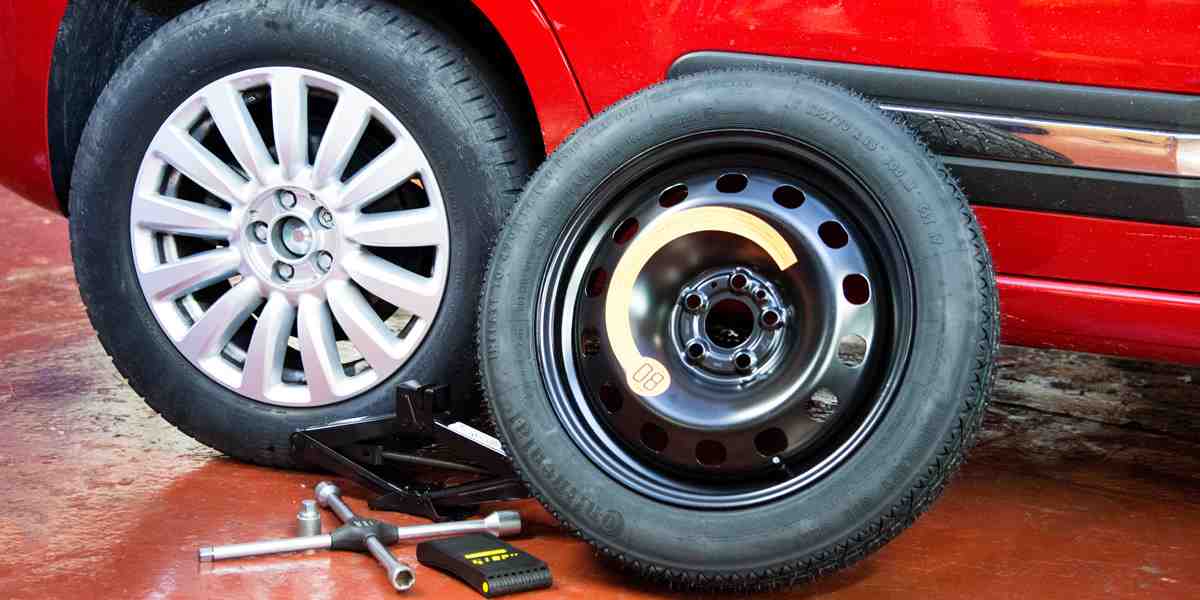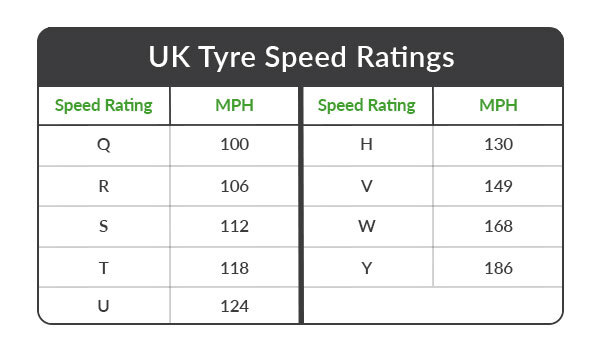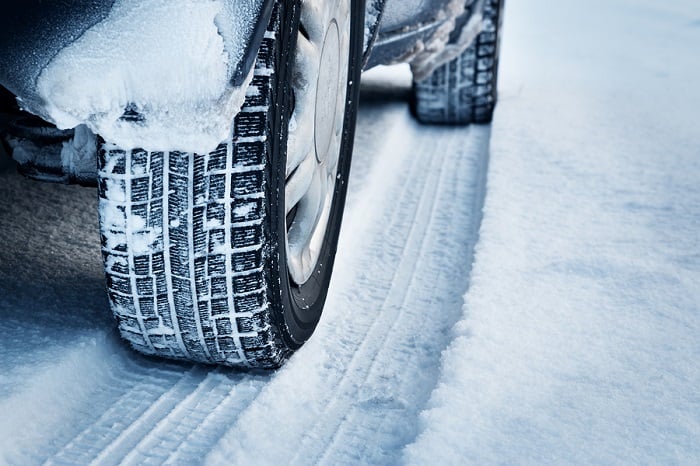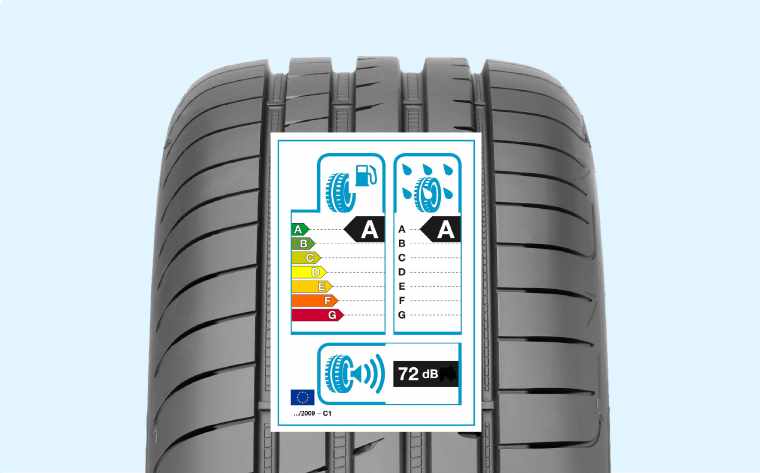How to Choose the Right Car Tyres for Your Vehicle
Like many car parts where one size DOES NOT fit all, car tyres are no different; in fact, several variables need to be taken into consideration when choosing the right ones for your vehicle. We have collated a series of questions that our customers have been asking in order to provide you with an essential tyre-buying guide which lists what to check when the time has come to replace your tyres.
How Often Should Car Tyres Be Replaced?
Generally speaking, you will need to replace your car tyres when you can see visible wear and tear which can affect their performance; this means when for instance, the tread depth has dropped below 1.6mm, as it’s illegal to drive with those tyres if that’s the case. You should check your tyre depth regularly and inspect for any potential puncture, as it could be dangerous to continue driving on underinflated and punctures tyres.
How Long Do Tyres Last?
There is no simple answer to this question as several aspects need to be considered and affect tyre performance, such as driving style, tyre type, car type and where you drive (i.e. countryside vs city driving). However, good quality tyres can generally last up to 19,000 miles.
Can You Make Your Tyres Last Longer?
You can! You just need to be careful when driving and make sure to brake gentle, avoid cornering and cruising and use the accelerator excessively; as well as regularly check your tyre depth and pressure.
Do I Need to Have a Spare Tyre?
No, there is no such law in the UK that states the necessity of carrying a spare tyre. However, it would be handy to have one in the car as, in case of a puncture, you would be able to replace the tyre by yourself, as opposed to waiting for recovery to pick you up. If you are unsure of how to replace your tyre, we have written a useful blog about it here.
Some vehicles are provided with space-saver spare tyres, which are fitted in the car’s booth and are only destined to get you home (as driving on one of them, you can’t exceed 50 mph). However, others are provided with a repair foam kit designed to squeeze into your punctured tyre and allow you to continue your journey. But, once again, even this second solution is not intended to be a permanent fix as you will still need to replace your tyre at the nearest garage.

Does Each Tyre Need to Be From the Same Brand?
At least two by two, meaning, the two front tyres need to be from the same manufacturer and the same applies to the back tyres. This is why it’s essential to change tyres in pairs if possible as it avoids uneven grip, performance and rolling caused by different treads as naturally manufacturers create products differently and, as such, mixing different brands/types may increase the risk of uneven performance and danger on the road. Lastly, legally you need to have the same tyres across the same axle (front/front back/back).
How Do I Find My Tyre Size?
By consulting your car’s owner manual, you will be able to find all the necessary information about your recommended tyre size. In addition, your tyre’s sidewall marking will tell you all you need to know about your tyre size. However, it’s important to know what the markings mean. For instance, take the picture below:
235: Stands for the tyre width
55: Stands for the tyre profile (or depth of the sidewall)
R17: Stands for the rim size
99: Stands for the load index (or maximum load capacity of the tyre)
W: Stands for the speed rating (in this case, W stands for 160 mph).
To learn more about speed ratings see below

Are There Different Tyres for Every Season?
There are three types of tyres: summer tyres, winter tyres and all seasons tyres.
Summer Tyres:These are suitable for both wet and dry roads and mild weather conditions over 7°c. For countries with weather conditions above 7°c, these tyres can be used throughout the year.
Winter Tyres: These tyres contain more rubber than their summer counterparts, making them more elastic and absorbent, as well as increasing their grip level in temperatures below 7°c. They are naturally designed for colder temperatures and to be used when the road is icy or snowy. To find out more about winter tyres click here.
All Season Tyres: These tyres are a mix of summer and winter tyres, and, as the name suggests, can be used throughout the year as they are designed to perform equally both during hot and mildly cold weather conditions. It’s important to remember though that AST should not be used during constant sub-zero temperatures or heavy snowfalls and should be substituted by winter tyres if this is the case.
SUV & 4x4 Tyres: There is a big difference between car tyres and SUV / 4x4 tyres, first and foremost in terms of size. These tyres are in fact designed to carry more weight, have more grip and be driven on uneven / off-road surfaces.

Is There Something Specific Worth Considering When Purchasing New Tyres?
Yes, once you know what kind of tyres your vehicle requires and it’s time for the purchase, you may want to consider a few things such as what your budget is and fuel economy. You may not be aware, but tyres affect your car’s fuel efficiency, some more (up to 20% of your fuel consumption) and some less than others. So choosing the right tyres will definitely impact your vehicle’s running costs and your wallet. This is because they are created with different materials, threads, and degrees of rolling resistance; the lower the resistance, the more fuel-efficient they will be. You can find out about the fuel efficiency rating by looking at the tyre label, which is scored A to G.

Another aspect worth considering is your budget. Premium tyres may naturally be more expensive but offer you a superb driving experience and precise handling, whereas budget tyres may be more affordable but offer you a less outstanding performance. To bridge the gap, there are mid-range tyres, which may provide you with a good combination of comfort and quality. Always research before choosing your tyres and if you’re unsure about something, we are here to help.
We hope our article has helped you have a better understanding of how to choose the right tyres for your car. However, should you have any further queries, please don’t hesitate to contact us.
Tags: *car_tyres *tyres *tyre_safety *tyres_safety_month


